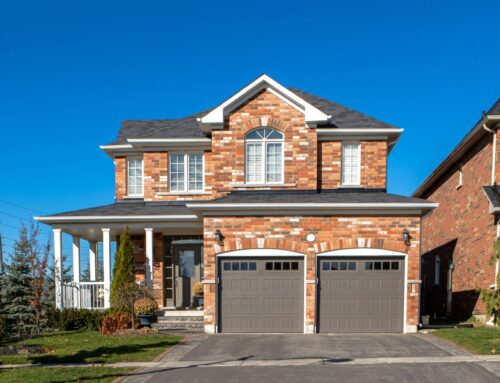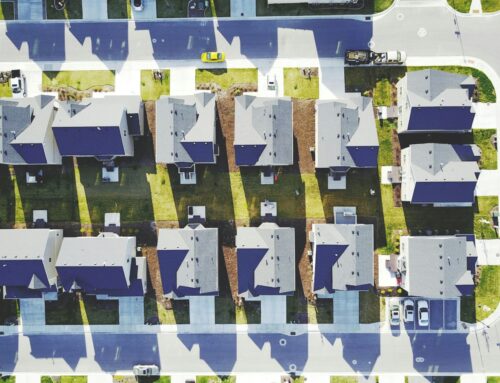Why Do Low Interest Rates Mean Rising Prices?
We’re living in an age of amazing homeownership potentials. The Federal Reserve is leaving interest rates at all time lows for a record breaking amount of time in an effort to assist in economic recovery and growth. Ever since the rates dropped to zero housing prices have been growing at a steady pace. Despite record unemployment, a homebuyers pool that dried up overnight and didn’t return for nearly three months, a largely shifted buyers market, political and social turmoil, and uncertainty in the markets, prices continue to set records at a pace baffling to some. Let’s look at why this is happening.
Low Interest Rates Mean More Loans
This is precisely why the Fed lowers interest rates: to get money moving by allowing banks to take out more loans thereby giving loans to people like you and me. With more loans comes more buying of large ticket items like homes, cars, large family vacations, and business purchases. We all know that when there are more buyers and increased competition prices naturally go up.
Stimulating Portions Of The Economy
The intent of these loans is to stimulate the economy. The unfortunate side effect is that as home prices go up more people are wrestled out of the bidding pool regardless of how low interest rates go (we’re not going to address negative interest rates, cause that’s a whole other possible can of worms). Once prices reach a certain level, you’re basically only marketing these loans to a portion of the economy that can afford to go more in debt. Since they have the ability, these homebuyers will bid above asking price and go for the homes at higher prices. With this type of competition, housing prices are sure to increase.
Investors
With ever increasing home prices come the investors – individuals or companies who can afford to buy up more than one property on loan and turn a profit over time. They may be home flippers, property management companies, banks, or your neighbor who owns a few houses and rents them out to supplement their income. If these property owners hold onto their assets and continue to accumulate more with these low interest rates it will continue artificially increase housing prices.
Indicator of Inflation
The Federal Reserve was quoted saying they have an interest in keeping inflation at an average of around 2-3%, with indication they’d like to see it higher than lower. This means some sectors of the economy must rise faster than others. Home prices are an indicator of this inflation rate, with the Denver Metro Area seeing a nearly 20% increase in prices year-over-year. The balancing act comes from other luxuries and commodities, like televisions, beds, cars, and food prices. With the Fed continually printing trillions of dollars to help maintain the economic power of the US Dollar we continue to inflate our money supply, and that money has to go somewhere. Apparently that place is Real Estate.
How To Take Advantage
Now that’s the question. If you haven’t been able to take advantage of these low interest rates look at your asset portfolio and see where you can stand to invest. Is this the time to buy your first home? Or maybe you need a larger space for your growing family? With the change of business pushing us more digital every day perhaps you’re looking for a home with an office? Perhaps you’re looking to supplement your income by owning rental properties in highly sought after neighborhoods? Regardless of your intentions, looking into a loan doesn’t hurt, especially if it has the potential to return more than was taken. Speak with a loan specialist or your favorite realtor today to see about taking the next steps to securing your low interest loan on an investment property or your next home today!





